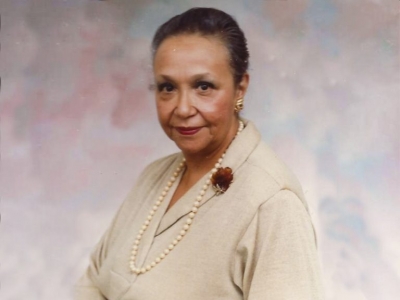
Jane Cooke Wright (1919 – 2013) was an American medical researcher who did pioneer work in chemotherapy. Her contributions to oncology revolutionised cancer treatment across the world.
Louis Tompkins Wright was a well-known surgeon and medical researcher and was the first African-American to be a staff physician at a New York City hospital. Both Jane Cooke Wright and her younger sister, Barbara, followed in the family tradition and became doctors, overcoming both gender and racial bias.
After medical school, Wright worked in Bellevue Hospital (1945–46) and Harlem Hospital (1947–48). Her interest in chemotherapy drugs was sparked when she joined her father in research at the Harlem Cancer Research Center in 1949. Jane Wright studied the reactions of different drugs and chemotherapy techniques on tumours. At the time, chemotherapy was still a nascent area. There was scepticism about chemotherapy and it was not widely practised. Jane Wright’s research transformed that.
Jane Wright pioneered the use of the drug methotrexate to treat breast cancer (in 1951) and skin cancer (1960). She is also credited with developing the technique of using human tissue culture to test the effects of potential drugs on cancer cells. Adjusting treatment according to the individual was an idea forming the basis of much of Wright’s research. Wright also developed non-surgical methods to deliver drugs to tumours, even those deep within the body, using catheter systems.
Picture Credit : Google




